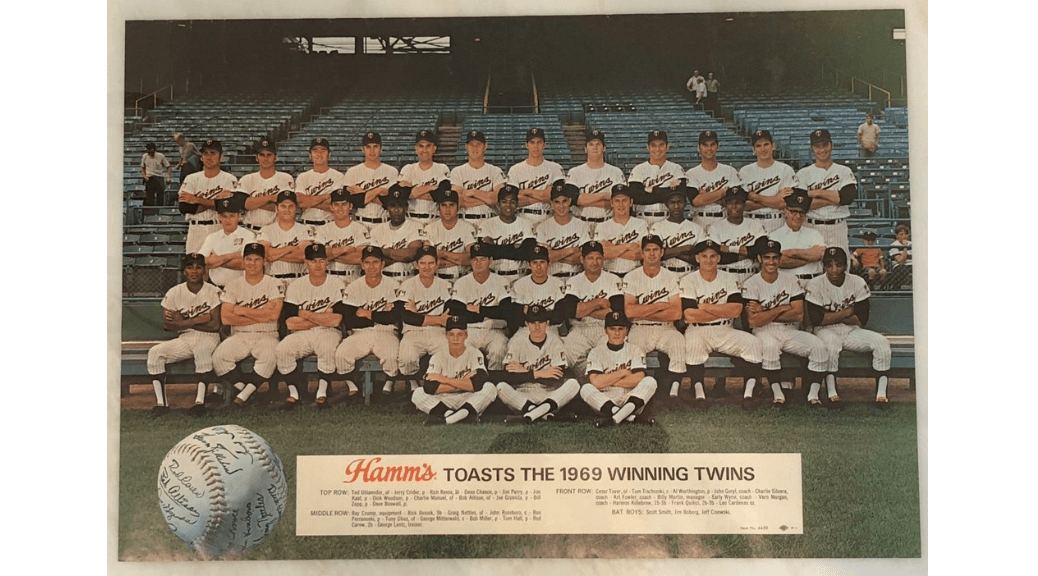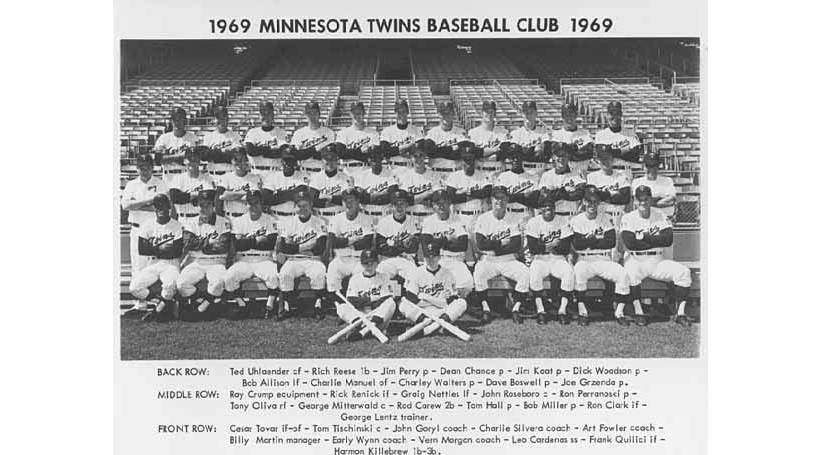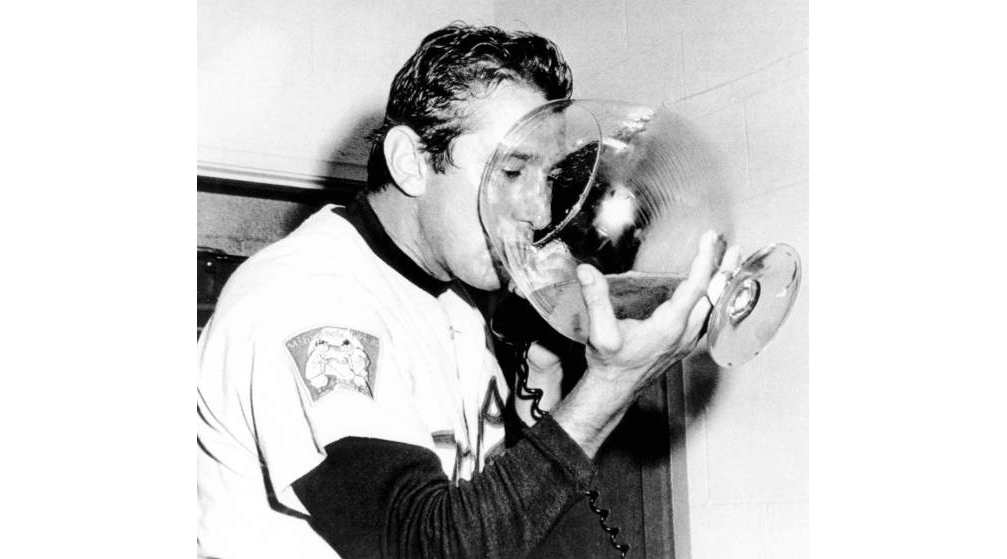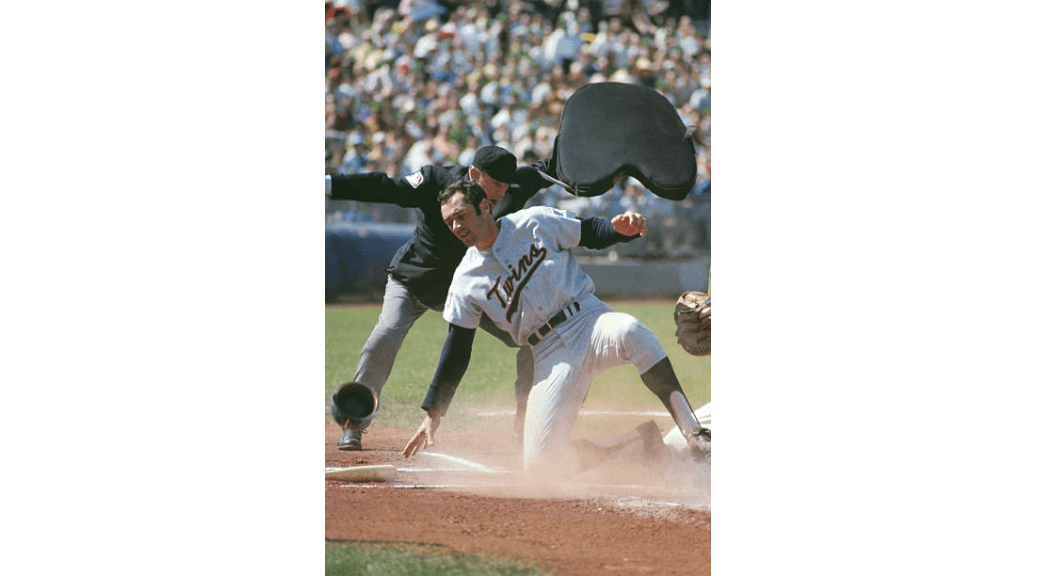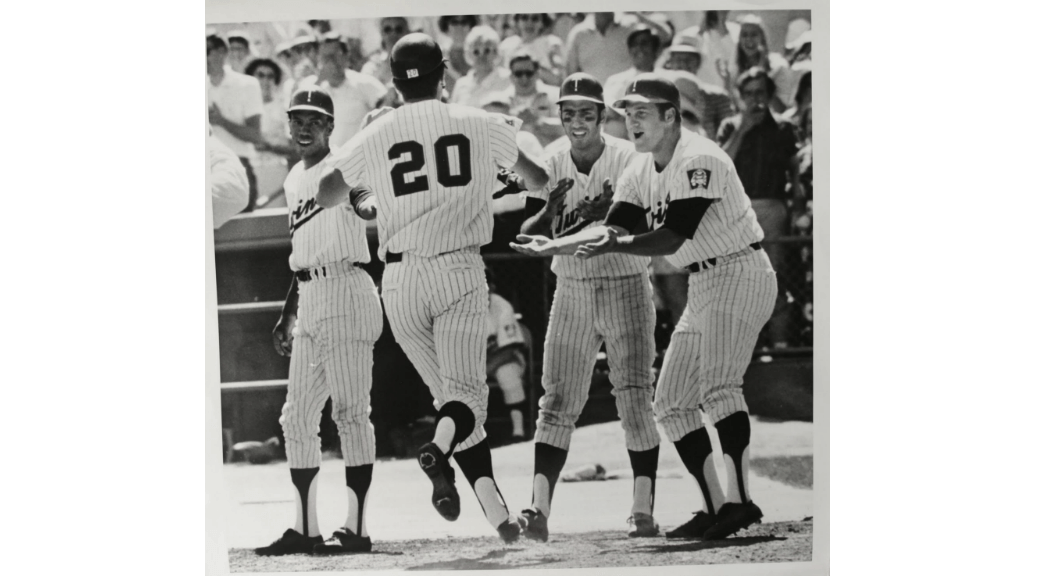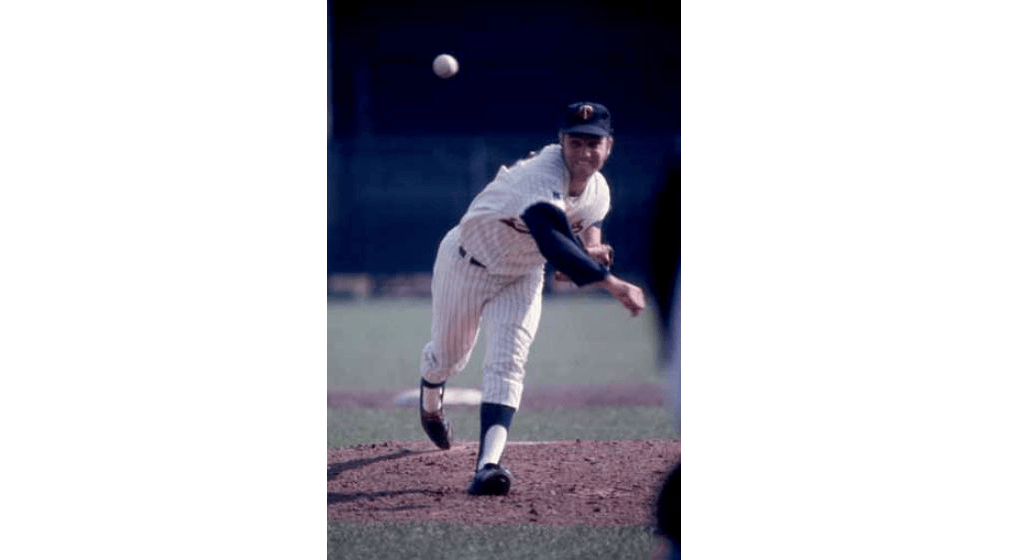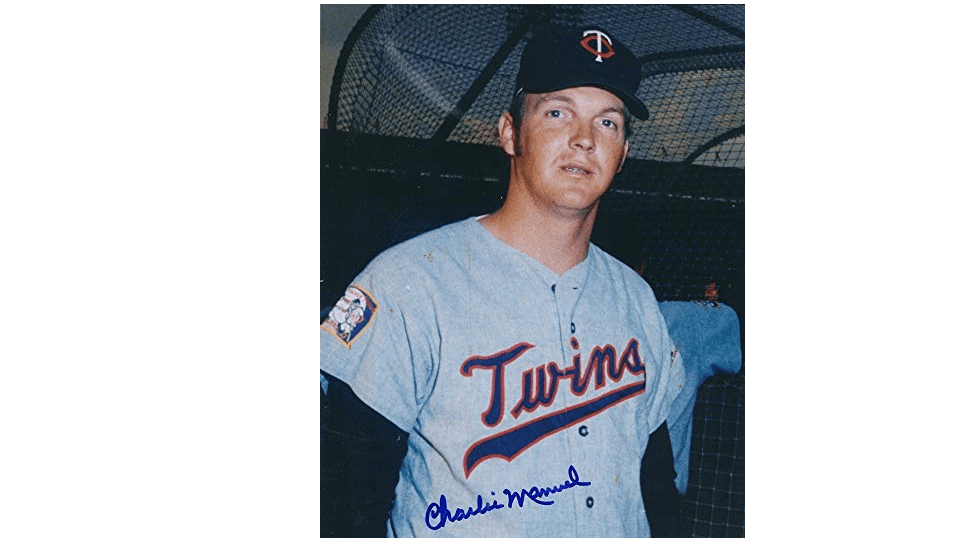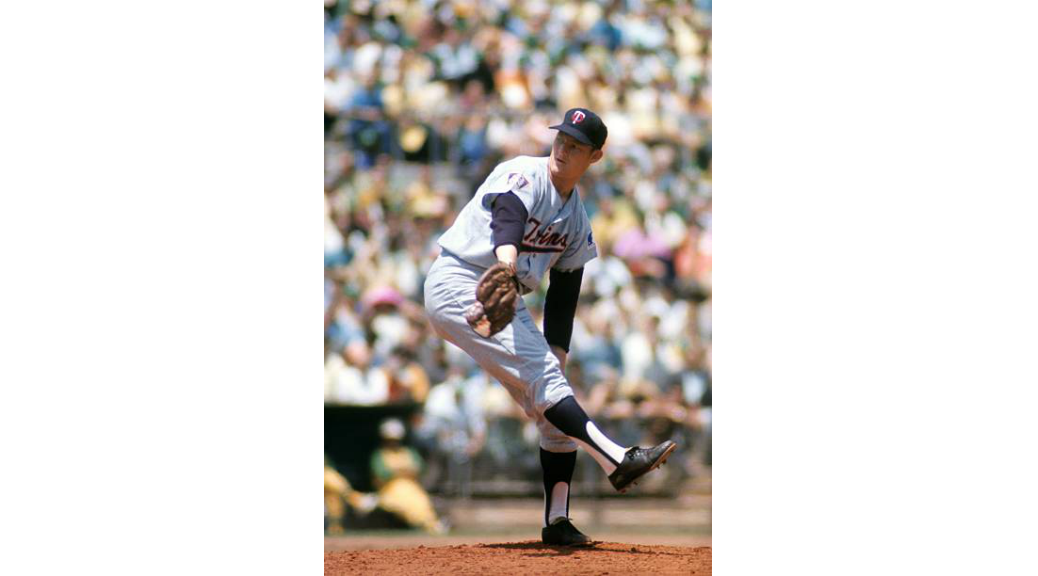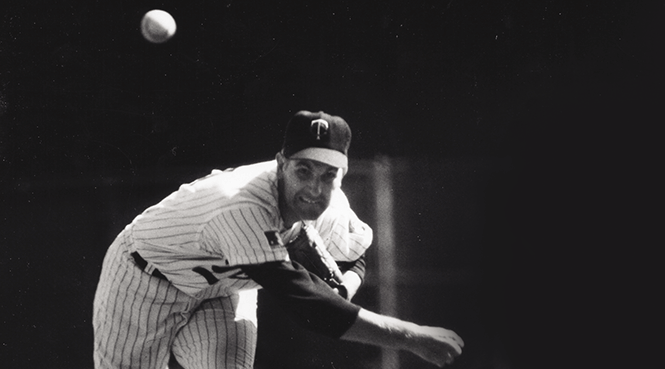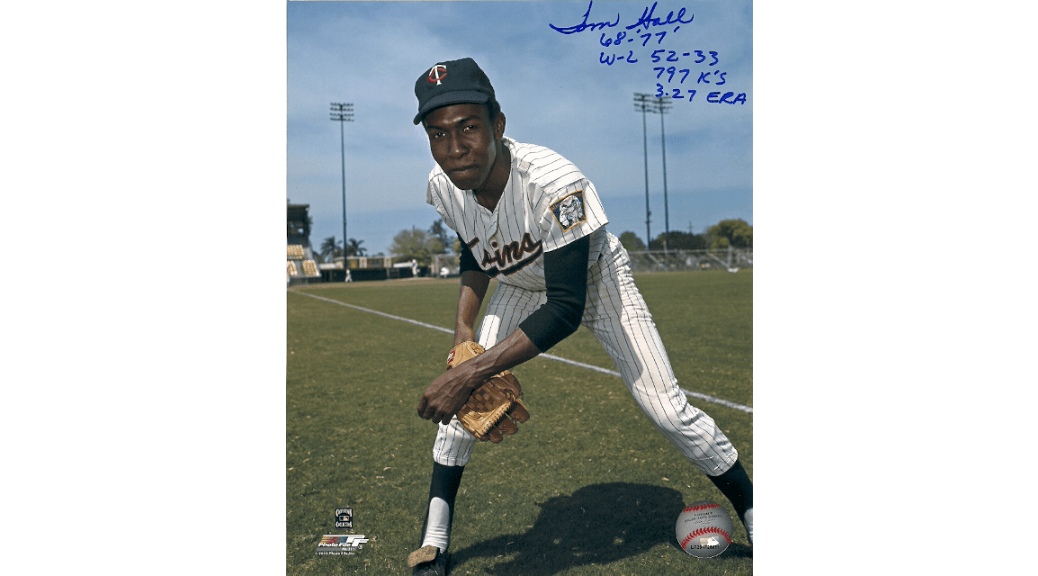SEATTLE 3, MINNESOTA 2 IN SEATTLE (GAME TWO OF DOUBLEHEADER)
Date: Friday, July 18.
Batting stars: Rod Carew was 3-for-5. Cesar Tovar was 2-for-3 with a double and a walk. Johnny Roseboro was 2-for-4. Ted Uhlaender was 2-for-5 with a home run (his fourth) and two runs.
Pitching stars: Dave Boswell pitched five innings, giving up two runs on three hits and a walk and striking out three. Al Worthington pitched 2.1 scoreless innings, giving up one hit and striking out one.
Opposition stars: Fred Talbot pitched seven innings, giving up two runs on ten hits and three walks and striking out four. Tommy Davis was 2-for-3. Steve Hovley was 1-for-2 with a two-run homer (his second) and a walk.
The game: The Twins opened the game with singled by Uhlaender and Carew. A one-out walk to Harmon Killebrew loaded the bases, but the Twins could only score one, on a ground out by Charlie Manuel. In the second, Tovar led off with a double, but was caught trying to steal third. The missed opportunities cost the Twins. In the third inning, Gordy Lund singled and Hovley hit a two-run homer to give the Pilots a 2-1 lead.
In the fourth, singles by Roseboro and Tovar put runners on first and third with two out, but the Twins did not score. In the fifth, singles by Carew and Rich Reese put runners on first and third with two out, but the Twins did not score. In the sixth, Roseboro hit a one-out single and Tovar walked, putting men on first and second with one out, but the Twins did not score. In the bottom of the sixth Seattle scored again, as Talbot singled, was bunted to second, and scored on Davis' single, putting the Pilots up 3-1.
The Twins finally scored again in the seventh, when Uhlaender led off the inning with a home run. That was the last hit the Twins got, however, as the score remained 3-2 the rest of the way.
WP: Talbot (5-3). LP: Boswell (11-9). S: John O'Donoghue (4).
Notes: Carew raised his average to .367. Reese was 1-for-4 and was batting .327.
Worthington, whose ERA had been at 9.00 in his first eight appearances, get his ERA down to 2.79. That was as low as it would get, however, as it would start climbing with his next appearance. He would end the year with an ERA of 4.57.
Tovar was again in right field in place of Tony Oliva. Manuel was in left.
The Twins stranded nine runners and were 0-for-9 with men in scoring position.
John O'Donoghue had been a starter early in his career. He came up for one start with Kansas City in 1963 and joined their rotation the next year. He led the league in losses in 1965 with eighteen, despite which he made the all-star team as the Athletics' representative. His ERA was 3.95, so you can argue that he wasn't that bad, but his WHIP was 1.40, and a 3.95 ERA in 1965 was not nearly as good as it is today. He was traded to Cleveland just before the 1966 season for a fading Ralph Terry and had a couple of good seasons for the Indians as a long reliever/spot starter. Traded to Baltimore for 1968, one assumes he struggled with injuries, as his usage is inconsistent at best. He was traded to Seattle early in the 1969 season and turned in a fine season, going 2-2, 2.96 with 6 saves. It was the last good season he would have. He went to Milwaukee with the team in 1970 but pitched poorly and was traded to Montreal in June. He remained with the Expos through June of 1971, not getting much accomplished, and then was released. His career numbers are 39-55, 10 saves, 4.07 ERA. His son, also named John O'Donoghue, pitched in eleven games for Baltimore in 1993.
Record: The Twins were 57-37, in first place in the American League West, 3.5 games ahead of Oakland.

